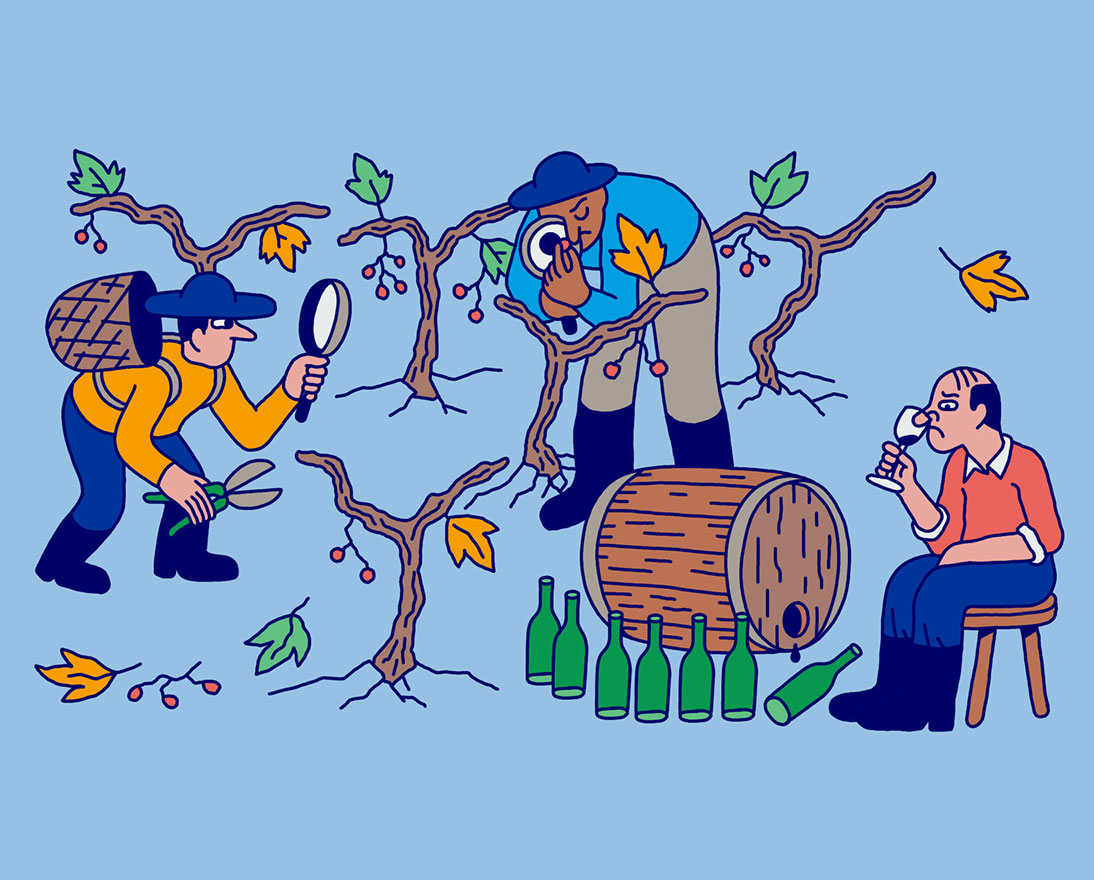Hackers use geek skills to save the planet
TechnologyArticleSeptember 29, 2020
Zurich challenged more than 1000 budding software developers at Europe’s largest ‘hacking marathon’, or hackathon, to devise a way for individuals to be more mindful of their own carbon impact – and take steps to reduce it.
Participants in HackZurich 2020 competed against the clock to develop prototypes of applications that solve problems posed by 18 companies, including Zurich Insurance Group (Zurich). This year, Zurich challenged the hackers to develop a solution that can raise carbon consciousness among users and help them measure, reduce or offset emissions generated in their day-to-day lives.
The planet has “a decade left” to confront catastrophic climate threats, according to the World Economic Forum’s Global Risks Report 2020. Zurich’s sponsorship of HackZurich reflects its commitment to innovation as a means of reducing its own carbon emissions and empowering customers and consumers to do the same, thus helping to create a more sustainable future.
MyClimatePal beat 28 other submissions to win Zurich’s challenge, the third most subscribed of the hackathon. The app allows users to calculate CO2 emissions produced by their daily activities.
“We believe that small contributions from everyone can have a considerable positive impact on our environment. Many people, myself included, have little awareness about their own CO2 footprint. We wanted to change that with MyClimatePal,” says Valentin Wolf, a member of the MyClimatePal team and student at Swiss university ETH Zurich. “Due to their efforts in sustainability and environmental management, we chose the challenge of Zurich at HackZurich and are honored to be the winning team.”
From car journeys and electricity usage to food and clothing choices, each action loaded into MyClimatePal provides insight into the emissions generated by even the most routine tasks, raising awareness about our individual impact and making climate change more relatable.
The winning team used data from a variety of sources to calculate a daily limit for carbon emissions. The app alerts users if they exceed this limit and encourages them to take steps to reduce their footprint.
Zurich is offering the winners of the competition, which took place virtually this year, the chance to collaborate on integrating their carbon offsetting-as-a-service concept directly within Zurich's products in a 12-week ‘proof of concept’ with the Swiss business unit.
“Since Zurich's goal is to take forward a proof of concept with the winning solution, we selected MyClimatePal as the winner of our challenge because the team made it super easy to calculate carbon emissions of a typical Zurich customer, focusing on integrating digital technologies to measure and then offset emissions from their home and car,” says Justin D’Atri, Sustainability Change Manager at Zurich.
A clear trend of this year’s hackathon were the different types of sustainability ideas that were created by the hackers – most of them from the GenerationZ and Millennial age groups. The competition generated a range of ideas from other teams that took on Zurich’s challenge, including using Artificial Intelligence to calculate carbon emissions from purchases in your bank account to measuring the climate benefit of your garden and indoor plants.
“It is awe-inspiring to see the creativity of the participants at HackZurich. In less than 40 hours we received working prototypes from 29 teams. The great ideas contribute to reducing our carbon footprint and the technical level of maturity really inspired us and is a valuable lesson for us as a Transformation & Technology organisation,” says Sandra Hauser, Head of Transformation & Technology at Zurich in Switzerland. “It also confirms our strategy to continue investing in Cloud, Application Programming Interface, Machine Learning and Artificial Intelligence technologies.”


